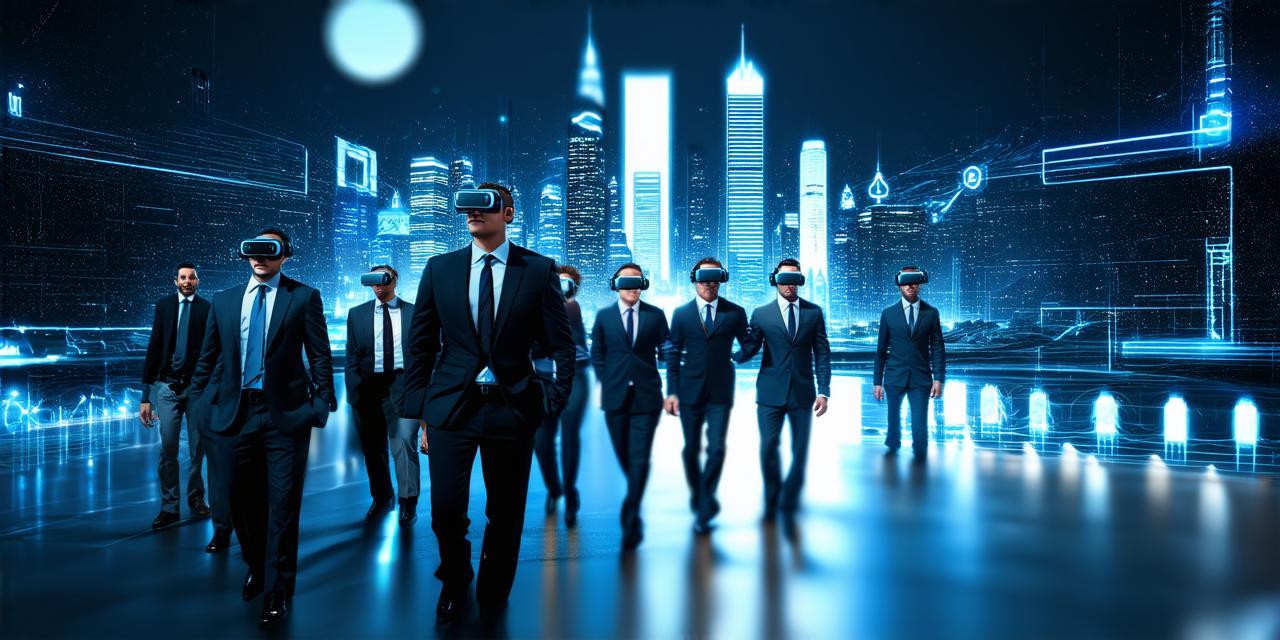1. The Importance of Education in Virtual Reality Careers
Before diving into the specific educational requirements for VR careers, it is important to understand why education plays a crucial role in this field. As VR technology becomes more prevalent, companies are looking for professionals with not only technical skills but also specialized knowledge and experience in the field.
Education provides students with the opportunity to gain a deep understanding of the principles and concepts behind VR development. It also enables them to develop practical skills and hands-on experience through coursework, internships, and capstone projects. This combination of theoretical knowledge and practical experience is highly valued by employers in the VR industry.
1. Typical Educational Requirements for Virtual Reality Careers
While there are no specific educational requirements for a career in VR, there are certain types of degrees that are commonly associated with this field. These include:
- a. Bachelor’s Degree in Computer Science or Engineering
- b. Bachelor’s Degree in Game Design or Interactive Entertainment
- c. Master’s Degree in Virtual Reality or Computer Science
A bachelor’s degree in computer science or engineering is often considered the standard education for virtual reality careers. These programs provide students with a strong foundation in programming, mathematics, and computer systems, which are essential for VR development. Graduates of these programs may work as software developers, system analysts, or technical artists in the VR industry.
A bachelor’s degree in game design or interactive entertainment is another popular educational path for virtual reality careers. These programs focus on the design and development of interactive experiences, including games and simulations. Graduates of these programs may work as game designers, level designers, or user experience (UX) designers in the VR industry.
A master’s degree in virtual reality or computer science is often seen as a way to further specialize in this field and advance your career. These programs provide students with advanced knowledge and skills in VR development, including topics such as computer graphics, artificial intelligence, and human-computer interaction. Graduates of these programs may work as researchers, developers, or managers in the VR industry.
1. Case Studies: Real-Life Examples of Successful VR Professionals
To gain a better understanding of the educational requirements for virtual reality careers, let’s look at some real-life examples of successful professionals in this field.
- a. John Carmack
- b. Jessica Alba
- c. Michael Abrash
John Carmack is a legendary game developer and founder of id Software, which created the popular Doom and Wolfenstein 3D series. He holds a bachelor’s degree in computer science from the University of California, San Diego. Although he did not specialize in VR development, his expertise in programming and game design has enabled him to create groundbreaking VR experiences, including the Oculus Rift.
Jessica Alba is an actress and entrepreneur who founded The Honest Company, a lifestyle brand that offers eco-friendly products for babies and children. She also has a passion for virtual reality and has been involved in several VR projects, including the development of a VR experience for her film “Amityville: The Awakening.” Alba does not have a formal degree in computer science or engineering but has pursued her interests in VR through personal projects and collaborations.
Michael Abrash is a computer scientist and inventor who co-founded SGI, a company that pioneered the development of high-performance 3D graphics technology. He holds a Ph.D.
